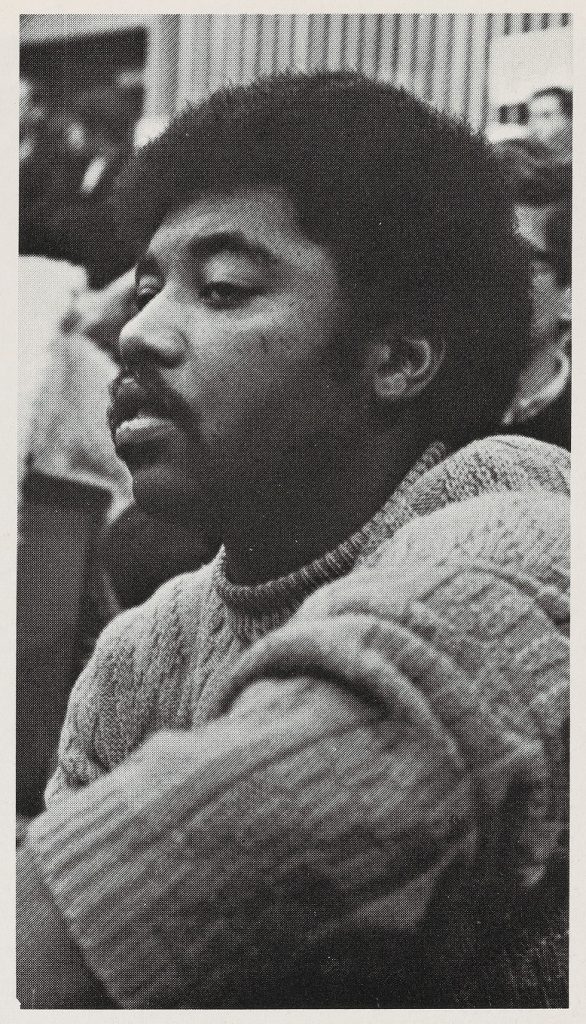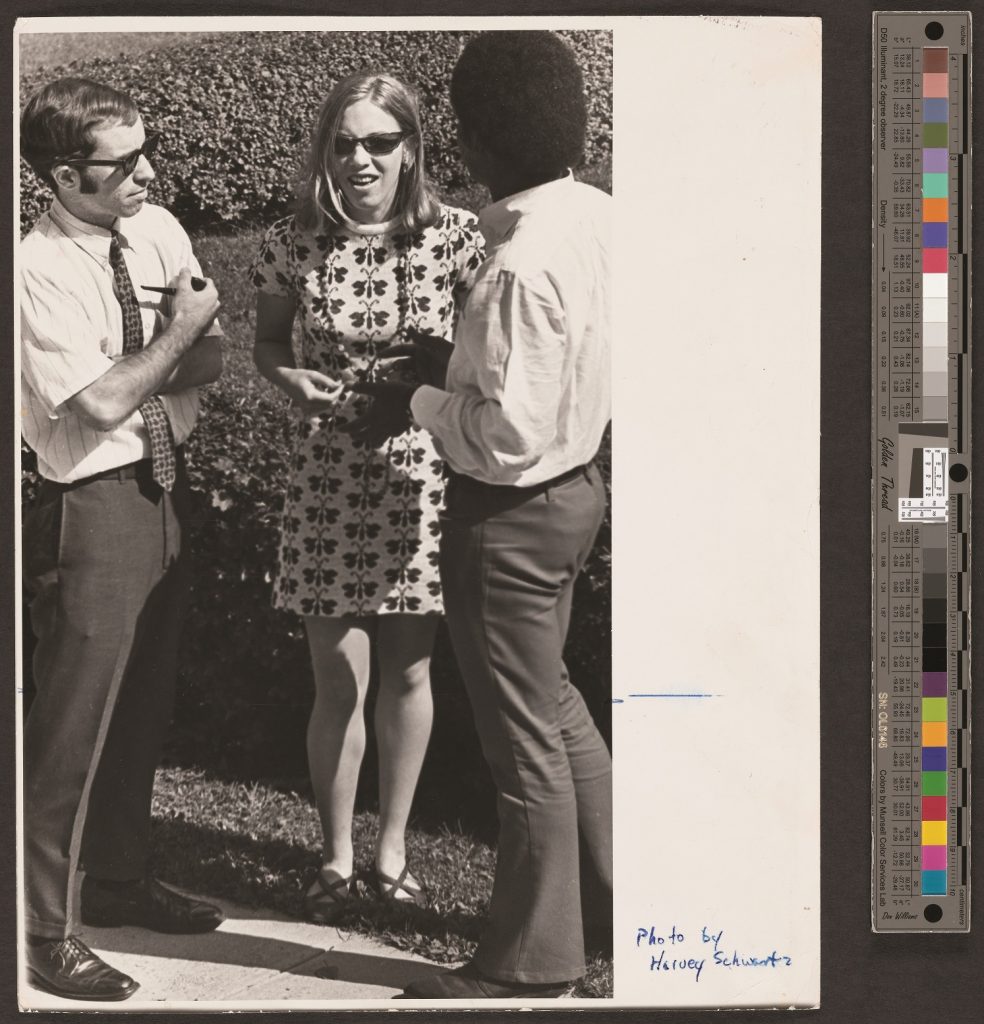Syracuse University Appoints Dan Dillon as Senior Vice President for Business Development
Syracuse University today announced the appointment of Dan Dillon as senior vice president for business development. In this role, Dillon will lead efforts to expand the University’s business development portfolio, with an emphasis on growing Syracuse University Global and the…




